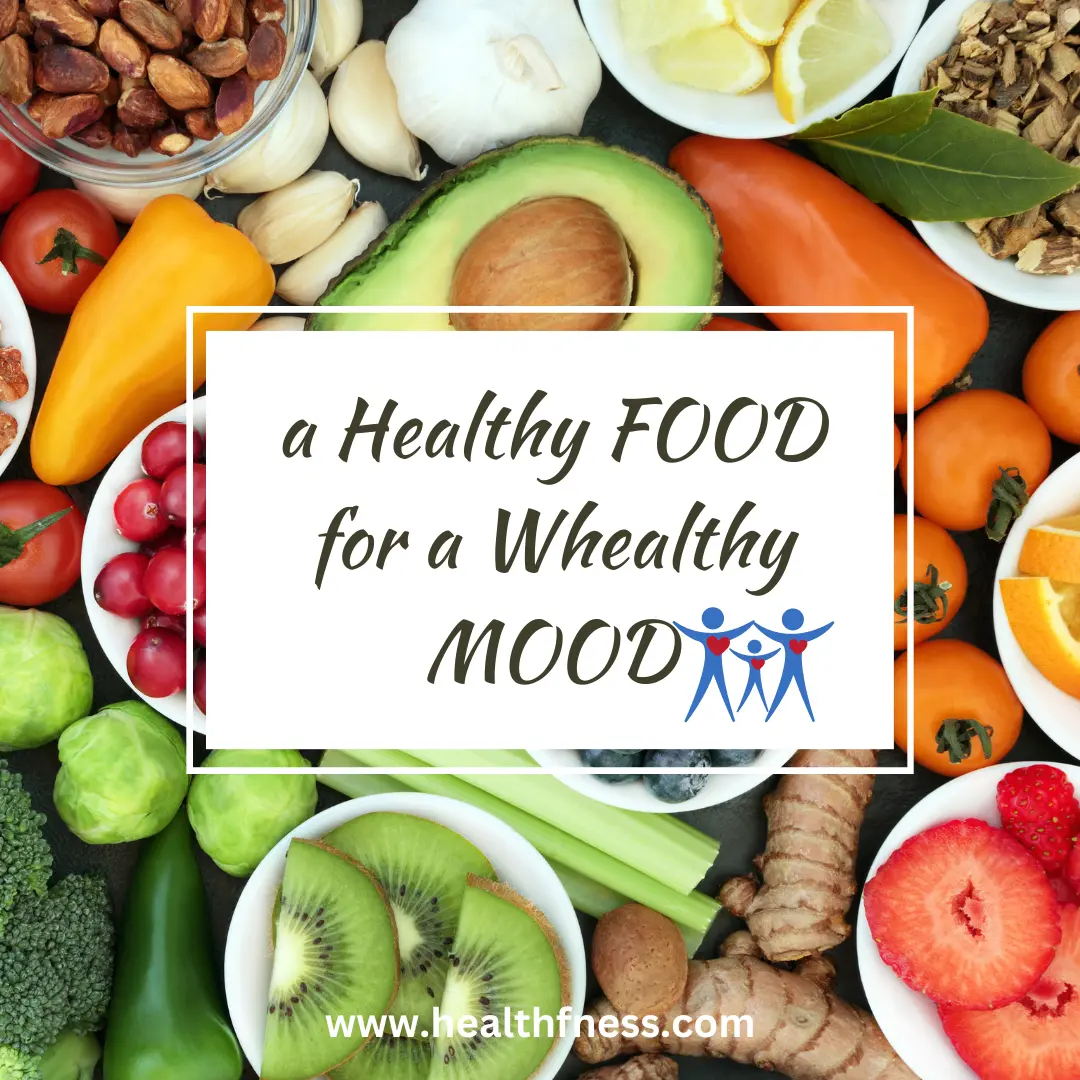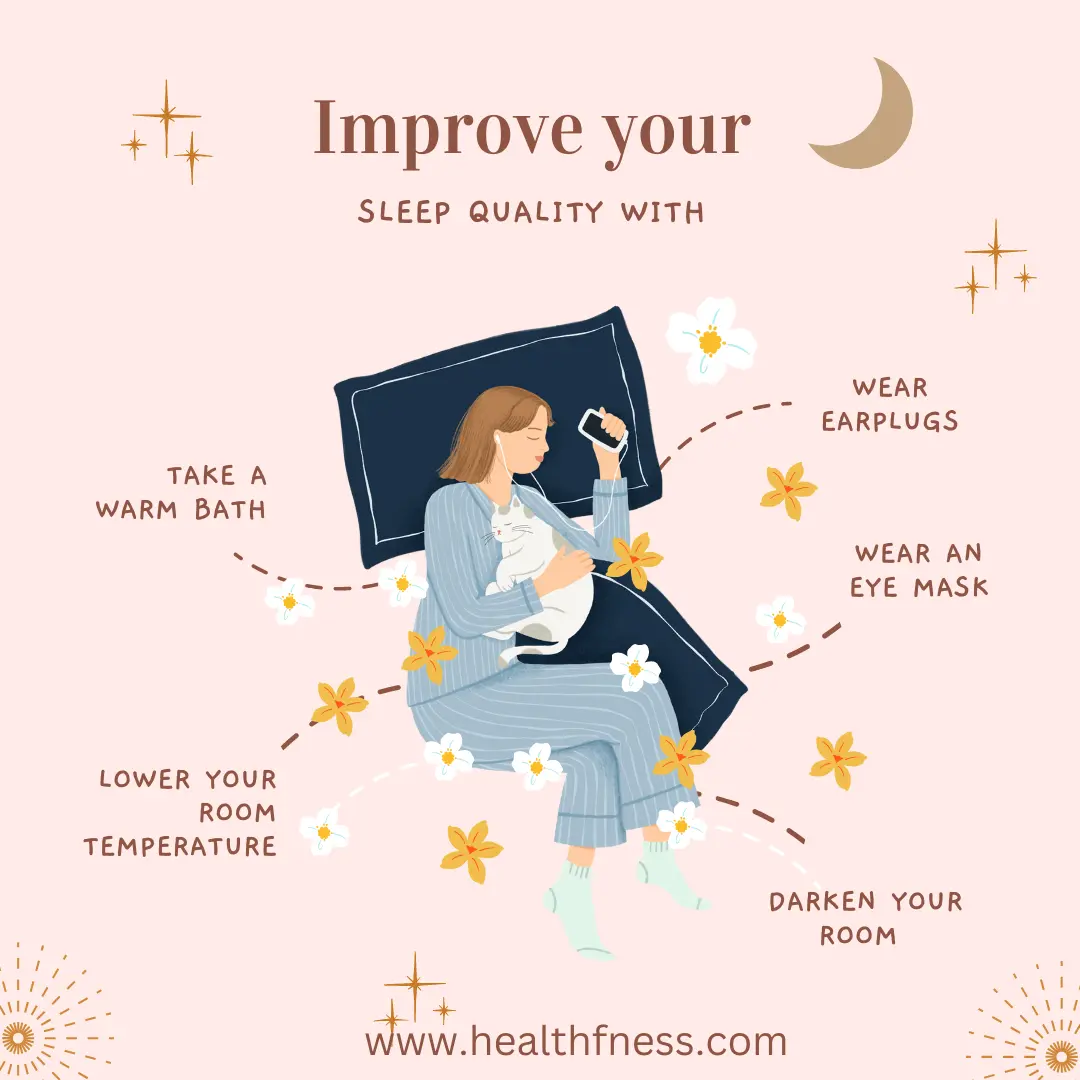The objective is to age healthy, keeping the person’s well-being, functionally active, and able to interact with their environment.
Most health problems in adulthood are the result of chronic diseases, but it is possible to prevent or delay their appearance with healthy habits implemented from an early stage.
Pathological aging is associated with the accumulation of damage produced by bad lifestyles. This increases the risk of many diseases and decreases the physical and mental capacity of the person.
Physical inactivity, inadequate nutrition, excessive smoking, alcohol, medication, and lack of proper hydration lead to the person becoming disabled and prematurely dependent. Likewise, new diseases appear that can be avoided and decompensate the underlying chronic diseases that one already has.
According to the World Health Organization (WHO), of the 38 million deaths in 2012 from chronic diseases, 42% were premature and preventable deaths if healthy lifestyles had been maintained.
The most frequent diseases in the elderly are arterial hypertension, osteoarthritis, diabetes mellitus, and blood fat disorders. All of them can be prevented and controlled with healthy lifestyles. Before initiating drugs on a patient, it is essential to emphasize certain habits that the patient must adopt to have a better evolution.
Benefits of adopting good lifestyles:
– It can prevent almost 80% of chronic diseases.
– It is economically profitable due to savings in health costs (medications, medical consultations, hospitalization, among others).
– They have no side effects.
– Good habits can be adopted from the early stages of life.
Factors of Healthy Lifestyles:
Food:
Hippocrates cataloged as the father of medicine said: “Let your food be your medicine and your medicine be your food.”
Food should be fresh and natural, prioritizing the consumption of fruits and vegetables, beans, fish, nuts, cereals, tubers, and good quality essential oils.

Sugar and sweeteners should be avoided, as well as excess salt (our diet contains approximately 10 g/salt, which is equivalent to 4 g/sodium; however, the WHO recommends less than 5 g/day or less than 2 g/sodium). Nothing in excess is good.
Likewise, it is recommended to avoid processed, pre-cooked, packaged, canned foods with preservatives or dyes, sugary drinks, Trans fats or junk food, and excess refined carbohydrates such as white bread.
Physical activity:
People who spend 150 minutes per week doing moderate-intensity physical activity have a 31% reduction in mortality compared to those who are less active.
In addition, exercise improves physical and mental capacity, improves muscle strength, gait, and balance, reduces anxiety, and depression, and improves self-esteem.
As long as we stay functionally active, we will live without pain, with more movement and independence for as long as possible.
Hydration. Preferably drink water, infusions, and natural soft drinks. Avoid sodas, juice boxes, or artificially sweetened drinks.
As the years go by, thirst decreases, however, the water requirements are maintained. You have to remember to drink liquid with some frequency.
A dehydrated person usually presents drowsiness and confusion, increased pain, constipation, and renal and cardiac stress.
Breathing:
We breathe between 16 and 20 times per minute approximately, however, very rarely do we give it the importance it deserves. It is important to concentrate on it so that there is complete oxygenation. Preferably practice abdominal breathing.
Sleep:
Sleep hygiene is where to start if we want to sleep better. Before starting drugs, some recommendations could help:
1) The room or bedroom must be clear, orderly, well-lit during the day, and with good ventilation. Avoid storing many objects that are not used in the bedroom.
2) During the night avoid annoying lights and noises.
3)Light dinner (eg oatmeal, dairy products are tolerated, not very sweet fruits), avoid large meals.
4) If possible, take a bath with lukewarm water and urinate before going to bed.
5) Avoid beeping clocks, cell phones charging on the nightstand, and plugged-in appliances in the bedroom. If you wake up at night, avoid looking at the time as it can cause greater anxiety.

6)Avoid bright screens at night, such as cell phones or computers.
7)Preference bedding should be light colors.
8) Have positive thoughts, and thank you for the day that has passed and for the day to come. Avoid solving problems at night (the best time is first thing in the morning).
9)Perform breathing exercises to induce relaxation.
10) If you take a nap during the day, it should not last more than 30 min, otherwise, it could interfere with your night’s rest.
11)Take sunbaths to improve the circadian rhythm.
Pro Tips for a Healthy Lifestyle:
Move your body daily
Play sports, walk, swim, or do any other activity that keeps you moving. This helps to strengthen your muscle mass. In fact, poor muscle strength is associated with an increased risk of death after age 50, regardless of general levels of health.
Avoid the consumption of harmful substances
Avoid consuming substances that are harmful to your health, such as cigarettes or alcohol. In fact, it has been seen that people who quit smoking after the age of 40 reduce their mortality by 50%. Quitting alcohol and smoking prevents severe damage to the liver, heart, lungs, and skin, among other vital organs.
Do something new every week
This activity will help you take care of your mental health. Every week try to do something new: read a new book, listen to different genres of music, try to solve crossword puzzles, learn words in another language, etc. Continuously learning new things positively impacts our cognitive health and this, in turn, delays its age-related decline.
Brush and floss daily
Good oral hygiene reduces mortality in the elderly by approximately 35%. Brushing your teeth twice a day and flossing daily prevents inflammation and bleeding gums, which can lead to microorganisms entering the bloodstream causing inflammation and heart damage.
Take a short break daily without interruptions
Order the things you must do in the day and cross off your to-do list each time you do one, this will help you feel in control of your day and avoid stress. Within these activities, schedule an uninterrupted break of about 10 to 30 minutes every day. Close your eyes and relax.
Talk regularly with your loved ones and keep them always present
Loneliness can harm our health, since it increases the risk of suffering from depression or some mental illness that, at the same time, affects physical well-being. Calling our friends and loved ones even a few times and briefly, each week reduces feelings of loneliness. In fact, thanks to technology, we can now communicate with people who don’t live near us and see them at the same time we talk to them.
Also, find ways to have more contact with people you don’t know, go for a walk in the park, join groups or clubs related to your interests, and don’t be afraid to start conversations with others.
Make a list of things you always wanted to do
Create a list of all the things you wanted to do over the years but have been putting off for one thing or another. Then, set deadlines and deadlines to get back to those goals you want to achieve. Doing each of the things on that list prevents feelings of regret and allows us to reduce negative feelings of sadness or apathy.
Use sunscreen on your skin
Use sun protection factor 30 every day, even when the sun is hidden. Protect all parts of your skin, such as the face, neck, legs, ears, and hands. Remember that skin cancer can be prevented. Also, by generating this good habit, your sun-damaged skin can begin to repair itself.
Do relaxing activities when you feel anxious or stressed
You can do anything, no matter how simple, to help you relax when you feel stress and anxiety are on your shoulders. You can call a friend, drink tea, read a few pages of a book, meditate, exercise or stretch, etc. Likewise, we recommend you perform breathing exercises to combat stress and anxiety. These exercises activate the body’s relaxation system.
With these recommendations, we will be making great progress in improving our quality of life and thinking about the present and the future.
FAQS:
What exactly does it mean to lead a healthy lifestyle?
A healthy lifestyle entails making decisions that benefit your physical, mental, and emotional well-being. This involves eating a well-balanced diet, staying physically active, getting enough sleep, managing stress, and refraining from dangerous habits such as smoking or excessive drinking.
What are the advantages of maintaining a healthy lifestyle?
A healthy lifestyle can enhance your general health and well-being, lower your risk of chronic diseases such as heart disease and diabetes, boost your energy levels, and boost your mood and mental health.
How can I consume a healthy diet?
Consuming a range of foods from all food groups, such as fruits and vegetables, whole grains, lean proteins, and healthy fats, constitutes a balanced diet. It is also critical to restrict your consumption of processed and sugary meals.
How much exercise do I require?
The American Heart Association recommends at least 150 minutes per week of moderate-intensity aerobic activity or 75 minutes per week of vigorous-intensity aerobic exercise, as well as muscle-strengthening activities at least two days per week.
What are some methods for dealing with stress?
Mindfulness, regular exercise, connecting with friends and family, and soothing activities like yoga or meditation are all helpful strategies to handle stress.
How much sleep do I require?
Individual needs may vary, but most individuals require 7-9 hours of sleep per night.
What are some good habits to get into?
Drinking enough water, getting regular exercise, practicing excellent hygiene, and taking breaks from computers and technology are all ideal healthy habits to develop.
How do I stop smoking?
Quitting smoking might be difficult, but there are numerous services available to assist you, such as nicotine replacement therapy, support groups, and counseling.
How can I cut back on my alcohol consumption?
If you choose to consume alcohol, it is critical that you do so in moderation. This equates to no more than one drink per day for women and two drinks per day for males. It's also critical to stay hydrated and refrain from binge drinking.
How can I keep a healthy weight?
Keeping a healthy weight entails balancing your calorie intake with your degree of physical activity. Consuming a good diet and exercising regularly can help you achieve and maintain a healthy weight.
Conclusion:
To summarise, keeping a healthy lifestyle is critical to sustaining excellent health and well-being in 2023. You can reduce your risk of chronic diseases, increase your energy levels, and improve your overall quality of life by making choices that support your physical, mental, and emotional health, such as eating a balanced diet, staying physically active, getting enough sleep, managing stress, and avoiding harmful habits. While adopting healthy behaviors may require some effort and perseverance, the advantages are definitely worth it. You can live a longer and healthier life in 2023 and beyond by prioritizing your health and making positive adjustments in your daily life.

